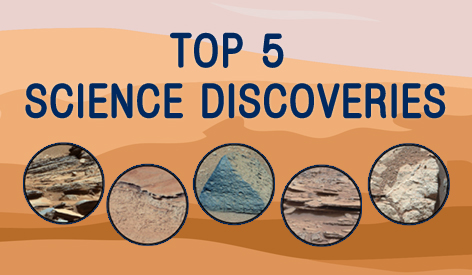In an era marked by rapid technological advancements, the educational landscape is undergoing a significant transformation. One of the most notable contributors to this evolution is WCool Science, a groundbreaking educational platform that merges the rigor of scientific learning with the accessibility of digital technology. By making complex scientific concepts engaging and understandable, WCool Science is reshaping the way we approach science education.

What is WCool Science?
WCool Science is an educational platform designed to simplify and demystify scientific concepts for learners of all ages. Whether it’s physics, chemistry, biology, or environmental science, WCool Science offers a diverse array of resources aimed at making science more engaging. The platform utilizes a combination of interactive videos, hands-on experiments, and personalized learning experiences, ensuring that students not only learn but also develop a genuine interest in the subject matter.
The Philosophy Behind WCool Science
At the heart of WCool Science lies a … Read more

 The limitations and pitfalls in this type of observation embrace complacency. The historic Greeks believed within the four components, Earth, Wind, Water, and Fire and that these elements had been responsible for all observable phenomenon. Most folks took it without any consideration and went on with their lives, simply as they accepted the notion of the sun revolving across the earth. After all it was observable that the solar traversed the sky while the observer stood in one place.
The limitations and pitfalls in this type of observation embrace complacency. The historic Greeks believed within the four components, Earth, Wind, Water, and Fire and that these elements had been responsible for all observable phenomenon. Most folks took it without any consideration and went on with their lives, simply as they accepted the notion of the sun revolving across the earth. After all it was observable that the solar traversed the sky while the observer stood in one place. Science has been an necessary a part of our lives for a very long time. The phrase science refers to a type of information that enables individuals to communicate. Knowledge that is used for revealing new discoveries, inventions, and new-found methods of the world. The logic within the wake of science strives to clarify the pure elements of the Earth, pure phenomena, and the mysteries of the universe. This typically involves experimental methods, acknowledged information, and observational science. These actions are all the time being implemented earlier than scientists announce their findings to the general public. This generates a communal information, or gives us a scientific outlook towards the world we live in immediately. Also, science can provide us with a glance towards the long run by predicting the result of ongoing experimental productions.
Science has been an necessary a part of our lives for a very long time. The phrase science refers to a type of information that enables individuals to communicate. Knowledge that is used for revealing new discoveries, inventions, and new-found methods of the world. The logic within the wake of science strives to clarify the pure elements of the Earth, pure phenomena, and the mysteries of the universe. This typically involves experimental methods, acknowledged information, and observational science. These actions are all the time being implemented earlier than scientists announce their findings to the general public. This generates a communal information, or gives us a scientific outlook towards the world we live in immediately. Also, science can provide us with a glance towards the long run by predicting the result of ongoing experimental productions. As the world’s largest science and know-how magazine, Popular Science represents the most effective hopes for our planet, our lives, our youngsters and our future by means of the people and ideas that are building a greater world. We put the latest news in devices, software program, and scientific innovation in the palm of your hand! Our articles assist anybody perceive the ideas and other people driving the large issues of the day – whether or not healthcare, power, or protection.
As the world’s largest science and know-how magazine, Popular Science represents the most effective hopes for our planet, our lives, our youngsters and our future by means of the people and ideas that are building a greater world. We put the latest news in devices, software program, and scientific innovation in the palm of your hand! Our articles assist anybody perceive the ideas and other people driving the large issues of the day – whether or not healthcare, power, or protection.